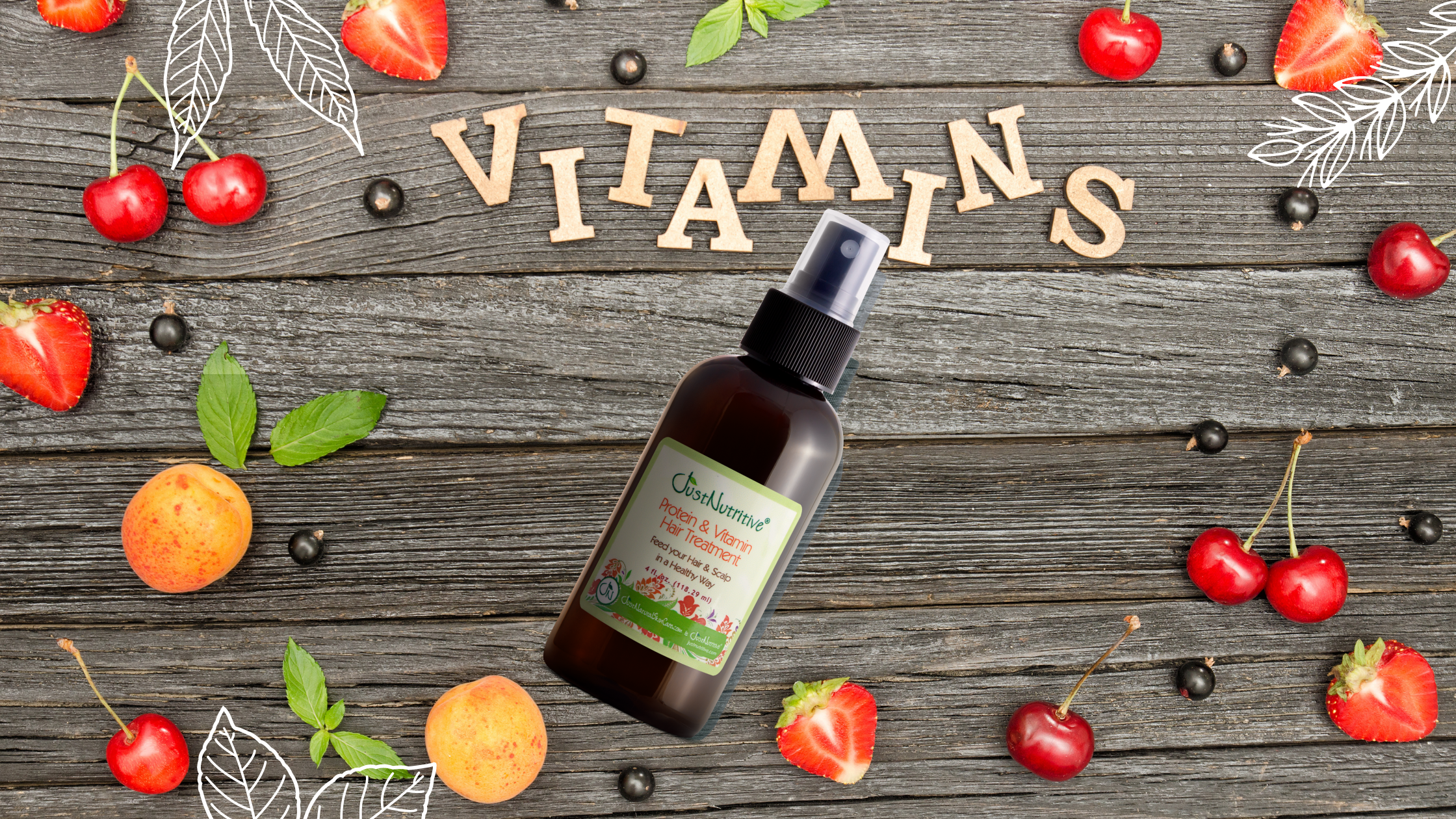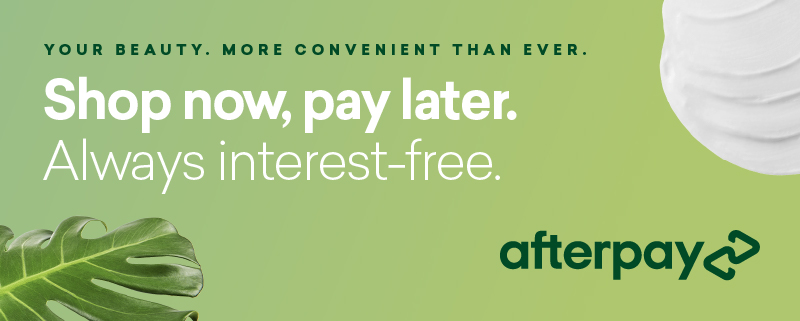JustNutritive Wellness: Vitamins
Posted by JustNutritive Team on Sep 21st 2020
Wellness: Vitamins
Did you know that vitamins play an important role in your hairs health? Like any other part of your body, hair needs a variety of nutrients to be healthy and grow. In fact, many nutritional deficiencies are linked to hair loss.
While factors such as age, genetics and hormones also affect hair growth, optimal nutrient intake is key.
Discover the most important vitamins & nutrients for your hair and their benefits.
Vitamin A:
All cells need vitamin A for growth. This includes hair, the fastest growing tissue in the human body.
Vitamin A also helps skin glands make an oily substance called sebum. Sebum moisturizes the scalp and helps keep hair healthy.
Diets deficient in vitamin A may lead to several problems, including hair loss.
While it’s important to get enough vitamin A, too much may be dangerous. Studies show that an overdose of vitamin A can also contribute to hair loss.
Sweet potatoes, carrots, pumpkins, spinach and kale are all high in beta-carotene, which is turned into vitamin A.
Vitamin A can also be found in animal products such as milk, eggs and yogurt. Cod liver oil is a particularly good source.
Your hair needs vitamin A to stay moisturized and grow. Good sources include sweet potatoes, carrots, spinach, kale and some animal foods.
B-Vitamins:
One of the best known vitamins for hair growth is a B-vitamin called biotin.
Studies link biotin deficiency with hair loss in humans.
Although biotin is used as an alternative hair-loss treatment, those who are deficient have the best results.
However, deficiency is very rare because it occurs naturally in a wide range of foods.
There’s also a lack of data about whether biotin is effective for hair growth in healthy individuals.
Other B-vitamins help create red blood cells, which carry oxygen and nutrients to the scalp and hair follicles. These processes are important for hair growth.
You can get B-vitamins from many foods, including whole grains, almonds, meat, fish, seafood and dark, leafy greens.
Additionally, animal foods are the only good sources of vitamin B12. So if you’re following a vegetarian or vegan diet, consider taking a supplement.
B-vitamins help carry oxygen and nutrients to your scalp, which aids in hair growth. Whole grains, meat, seafood and dark, leafy greens are all good sources of B-vitamins.
Vitamin C:
Free radical damage can block growth and cause your hair to age.
Vitamin C is a powerful antioxidant that helps protect against the oxidative stress caused by free radicals.
In addition, your body needs vitamin C to create a protein known as collagen (an important part of hair structure).
Vitamin C also helps your body absorb iron, a mineral necessary for hair growth.
Strawberries, peppers, guavas and citrus fruits are all good sources of vitamin C.
Vitamin C is needed to make collagen and can help prevent hair from aging. Good sources include peppers, citrus fruits and strawberries.
Vitamin D:
Low levels of vitamin D are linked to alopecia.
Research also shows that vitamin D may help create new follicles the tiny pores in the scalp where new hair can grow.
Vitamin D is thought to play a role in hair production, but most research focuses on vitamin D receptors.
Most people don’t get enough vitamin D and it may still be a good idea to increase your intake.
Your body produces vitamin D through direct contact with the sun’s rays. Good dietary sources of vitamin D include fatty fish, cod liver oil, some mushrooms and fortified foods.
Vitamin E:
Is an antioxidant that can prevent oxidative stress.
In one study, people with hair loss experienced a 34.5% increase in hair growth after supplementing with vitamin E for 8 months.
The placebo group had only a 0.1% increase.
Sunflower seeds, almonds, spinach and avocados are all good sources of vitamin E.
Vitamin E helps prevent oxidative stress and boost hair growth. Good dietary sources include sunflower seeds, almonds, spinach and avocados.
Iron:
Iron helps red blood cells carry oxygen to your cells. This makes it an important mineral for many bodily functions, including hair growth.
Iron deficiency, which causes anemia, is a major cause of hair loss. It’s especially common in women.
Foods high in iron include clams, oysters, eggs, red meat, spinach and lentils.
Iron deficiency is a major cause of hair loss, especially in women. The best sources of iron include clams, oysters, eggs, red meat, spinach and lentils.
Zinc:
Zinc plays an important role in hair tissue growth and repair. It also helps keep the oil glands around the follicles working properly.
Hair loss is a common symptom of zinc deficiency.
It´s better to get your zinc from whole foods. Foods high in zinc include oysters, beef, spinach, wheat germ, pumpkin seeds and lentils.
The mineral zinc can improve hair growth in people who are deficient in it. Good sources include oysters, beef and pumpkin seeds.
Protein:
Hair is made almost entirely of protein. Consuming enough is important for hair growth.
Animal studies show that protein deficiency may decrease hair growth and even lead to hair loss.
Don't hesitate to incorporate these vitamins into your diet and enhance their effectiveness with our Protein & Vitamin Hair Treatment.
 Made in USA | Get 10% Off using code fb10 + Free Samples
Made in USA | Get 10% Off using code fb10 + Free Samples 



